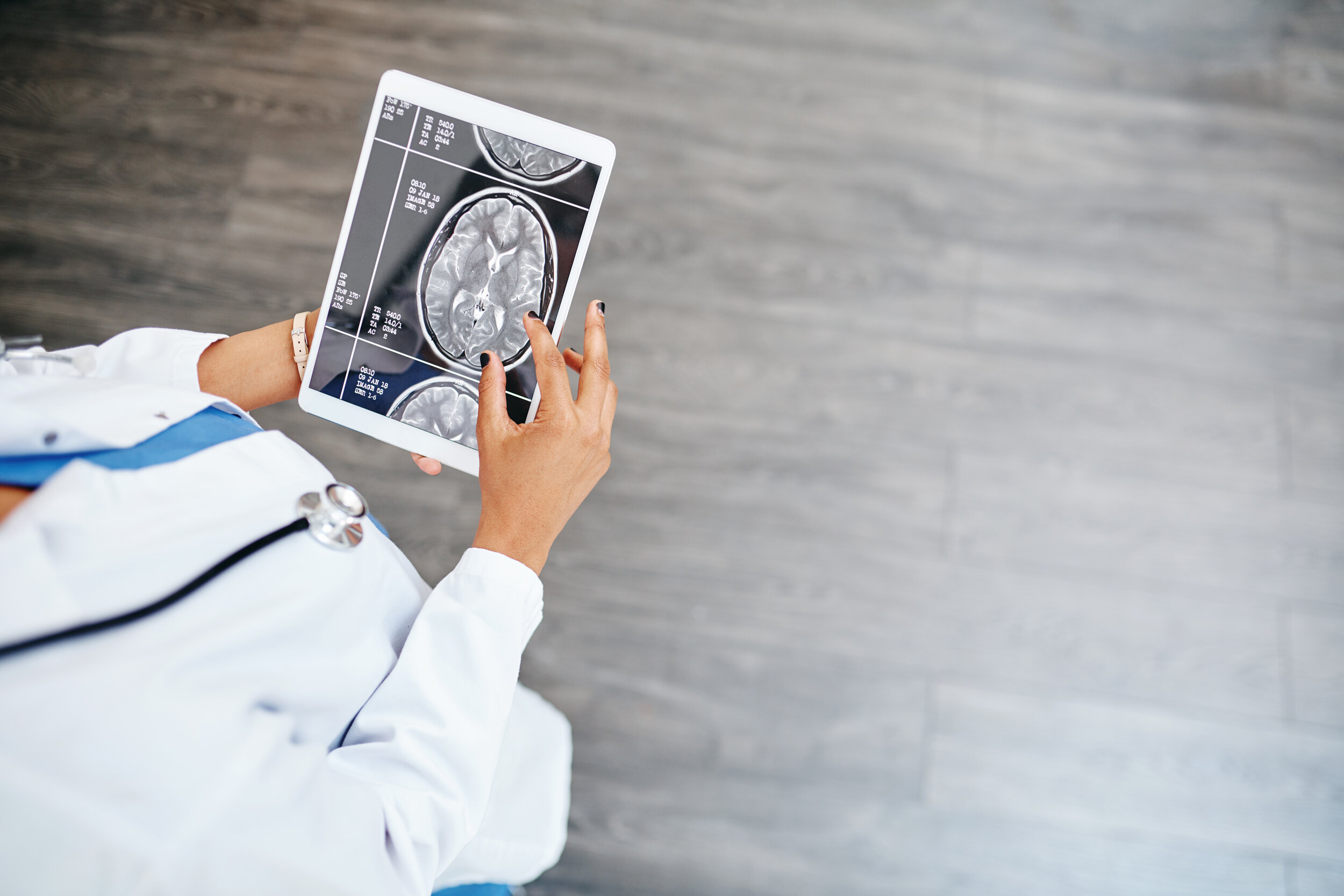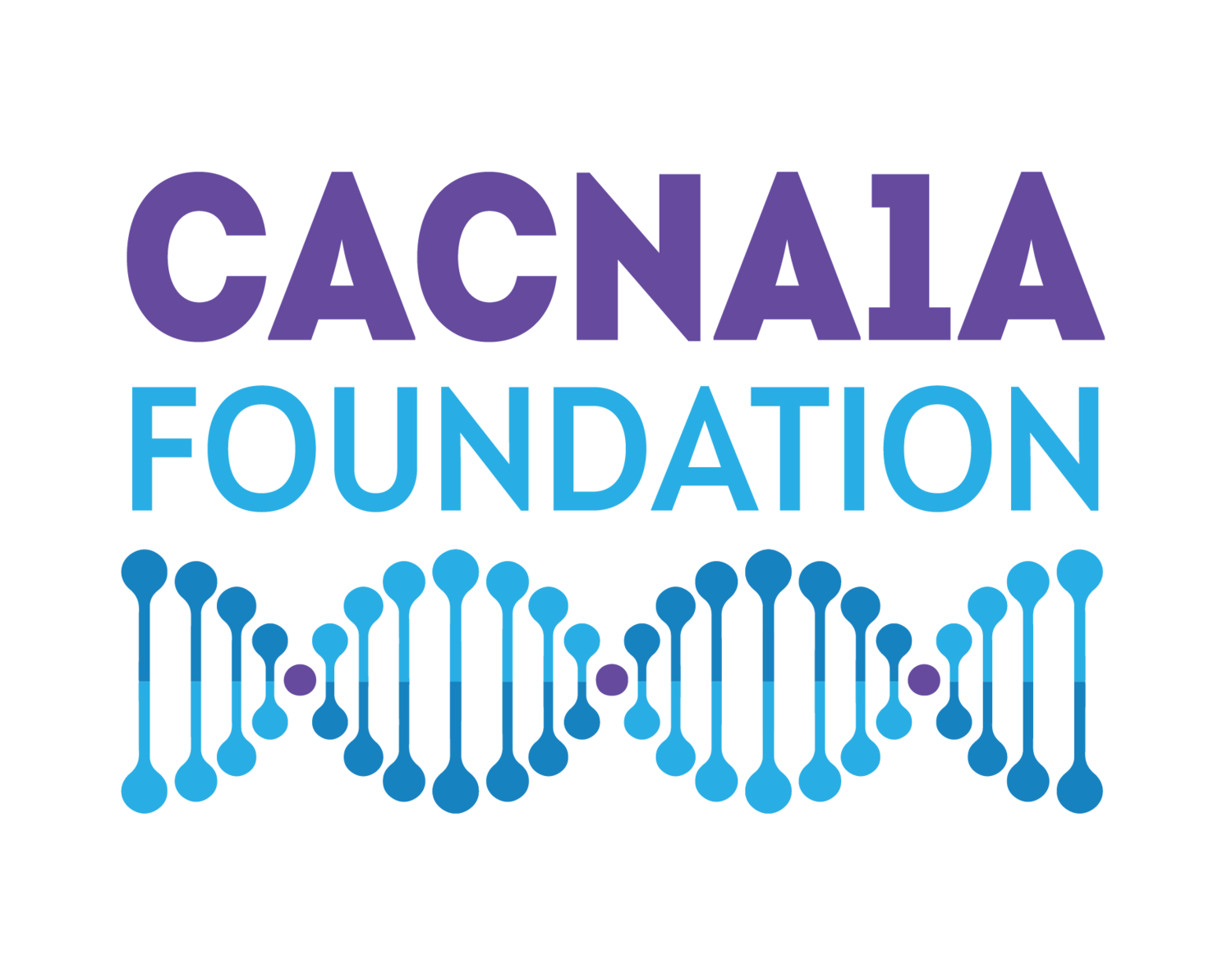
Participate in Research & be a Part of the Solution
One obstacle in developing drugs and new treatments for rare diseases is a lack of patient data. Only 5% of rare diseases have FDA-approved therapies, and we want CACNA1A-related disorders to be one of them! But without valid and reliable data, that won't happen.
The CACNA1A Foundation has developed a comprehensive Natural History Study in collaboration with Dr. Wendy Chung and her team at Boston Children’s Hospital to understand CACNA1A-related disorders. We also participate in two other data collection programs, RARE-X and Citizen Health. What type of data are we collecting? Developmental, behavioral, and medical symptoms with which the individual with a CACNA1A variant presents, medications and outcomes, and EEG and MRI reports. And, of course, the variant or genetic change in the CACNA1A gene. By contributing your data to these studies, you are helping us build the best scientific tools that researchers, clinicians, and biotech partners can use as we progress toward finding a cure. Engaging in research studies is a crucial means of expanding our understanding of CACNA1A-related disorders and expediting the development of future treatments and therapies.
Click on the links below to learn more and participate!
STEP 1:
Join the CACNA1A Foundation’s contact registry so we know who you are
Time: 10 minutes to complete. Please do not skip any questions. Our data is only as good as the info you provide. Make sure you check the genetic test report for the CACNA1A variant (mutation) before starting.
STEP 2:
CACNA1A Natural History Study by the Chung Lab at Boston Children’s Hospital
Time: 1-4 hours, depending on the amount of data you have. It's our most comprehensive study, so please make time for it. You must have a genetic test report confirming the CACNA1A variant. You will be asked to upload the genetic test report, EEGs, MRIs, etc. Updated annually.
STEP 3:
CACNA1A + RARE-X Data Collection Program
Time: Initially 20 minutes. Each survey provides an estimated completion time. You can log in to your dashboard at any time to fill out the surveys. You will need a copy of the genetic report to get started.
STEP 4:
Citizen Health Digital Platform
Time:10-15 mins to sign up. Update each time you visit a new doctor or have a medical procedure.
STEP 5:
Interested in donating biosamples to the CACNA1A Foundation biorepository?
We are doing targeted outreach to obtain blood samples for specific mutations, as requested by our Research Network.
STEP 6:
Quality of Life Questionnaire
Time: 10 minutes to complete. Please ensure you have the variant information from the genetic test report.
STEP 7:
Questions? Please email us! We are here to help!
Below is a list of additional research projects currently recruiting new participants.
COMBINEDBrain Biomarker* Project
The CACNA1A Foundation is a member of COMBINEDBrain, a nonprofit consortium of over 60 patient advocacy organizations representing rare, genetic neurodevelopmental disorders. In 2023, COMBINEDBrain set out on a mission to collect ~500 bio-fluid samples (blood and urine) from their member organizations. These samples have been stored and are currently available to researchers across the world who are studying biomarkers and other related projects.
COMBINEDBrain held collection sites at partner conferences across the United States throughout 2023.
While this large-scale open call is over, if you are interested in submitting a biofluid specimen (blood/urine), please email us at biobanking@cacna1a.org for more information. Thank you for supporting this project.
*Biomarkers, which are something that can be measured objectively (blood, body fluids, EEG patterns, heart rate, etc.), can help diagnose a disorder, determine the progression of disease, and measure treatment effectiveness.
Participating in our biorepository
This repository is a research biobank. This means that we collect biofluids and tissue samples from individuals with confirmed CACNA1A mutations to process DNA and develop cell lines for scientists to use in their studies. The biorepository provides interested researchers, whose goals are to answer critical questions relating to the molecular cause of disease and potential treatment strategies, access to biospecimens in order to better expedite the development of effective treatments for CACNA1A-related disorders.
We have developed cell lines from male and female patients of all ages representing various CACNA1A mutations (gain of function, loss of function, missense, nonsense, frameshift, stop codons, etc.) Our approach is two-pronged and entails collecting biofluids for distinct purposes:
CACNA1A Foundation library of biospecimens, part of the COMBINEDBrain biorepository which collects blood samples to store as peripheral blood mononuclear cells (PBMCs). Our research network advises us as to the patient blood samples that should be developed into induced pluripotent stem cells (iPSCs) for researchers to use in in vitro studies. When this occurs, iPSC-derived neurons are generated from patients’ cells and carry the same mutations and genetic background as the affected cells in the brain. There is no guarantee that an iPSC line will successfully be developed from patient blood or your sample donation.
The National Institute of Genetic Medical Sciences (NIGMS) Human Genetic Cell Repository at Coriell Institute for Medical Research (supported by the National Institutes of Health - NIH) extracts B-lymphocyte cells from the blood samples and transforms them into Lymphoblastoid Cell Lines (LCLs). These specimens are used by scientists to better understand disease processes and to develop new treatments. They may be reprogrammed to create iPSC cells for research. For more information on the NIGMS cell repository, click here. To access the Family Portal, click here.
With diverse CACNA1A models, researchers will understand more about CACNA1A-related diseases. These disease models allow researchers to test existing compounds and new therapeutics in the lab before starting clinical trials in humans.
Participation in these programs is voluntary and participants are allowed to withdraw consent at any time. Participants’ clinical data or biosample data already shared with an interested researcher cannot be withdrawn; however, prior to the distribution of samples to researchers, participants may request the withdrawal of their samples.
2025 Dates for Biorepository Collections: Nashville, TN (4/25 -4/26); Westminster, CO (6/14 - 6/15 and 7/19 - 7/20); St. Louis, MO (6/19 - 6/20); Phoenix, AZ (6/27 - 6/28); Boston, MA (7/10 - 7/12); Denver, CO (7/18 - 7/19); Windsor Locks, CT (7/19 - 7/20); Philadelphia, PA (Sept or Oct TBD); Atlanta, GE (12/4 - 12/5)
The Epilepsy Genetics Program at Boston Children’s Hospital Study
The Epilepsy Genetics Program at Boston Children’s Hospital looks to identify and better understand genetic factors related to epilepsy. We are conducting a collaborative, observational research study to better understand the clinical presentation associated with CACNA1A variants, looking specifically at its involvement in various epilepsy syndromes.
For more information: please contact our research assistant, Julia Koh, at PoduriLab@childrens.harvard.edu or 617-355-5254.
National Brain-Gene Registry
The National Brain Gene Registry is a highly collaborative initiative that aims to better understand the impact of rare gene variants in intellectual and developmental disabilities, with the vision of improving the lives of individuals and families touched by these conditions. Investigators at Baylor College of Medicine and Texas Children’s Hospital are recruiting patients who have had genetic testing, and whose results show a change in any one of 65 genes including CACNA1A that are thought to affect some aspect of brain development or function. They are looking for patients who have documented changes in specific genes (referred to in clinical genetic test results as either “pathogenic,” “likely pathogenic,” or “variants of unknown significance”) to enroll in a national registry to advance knowledge on the relationship between genetic changes and human disease. Participants will complete questionnaires, participate in a virtual (video-conference) visit, and share certain parts of their electronic health record with the study team to help them learn more about how these genetic changes affect brain development. There is no age limit to participate.
For more information: please visit - https://braingeneregistry.wustl.edu/ or contact Ryan German, Research Coordinator in the Department of Molecular and Human Genetics at Baylor College of Medicine at ryan.german@bcm.edu or 832-824-8632
Share your research
If you are a researcher studying CACNA1A and would like your study added to our list, please contact us at: info@cacna1a.org

